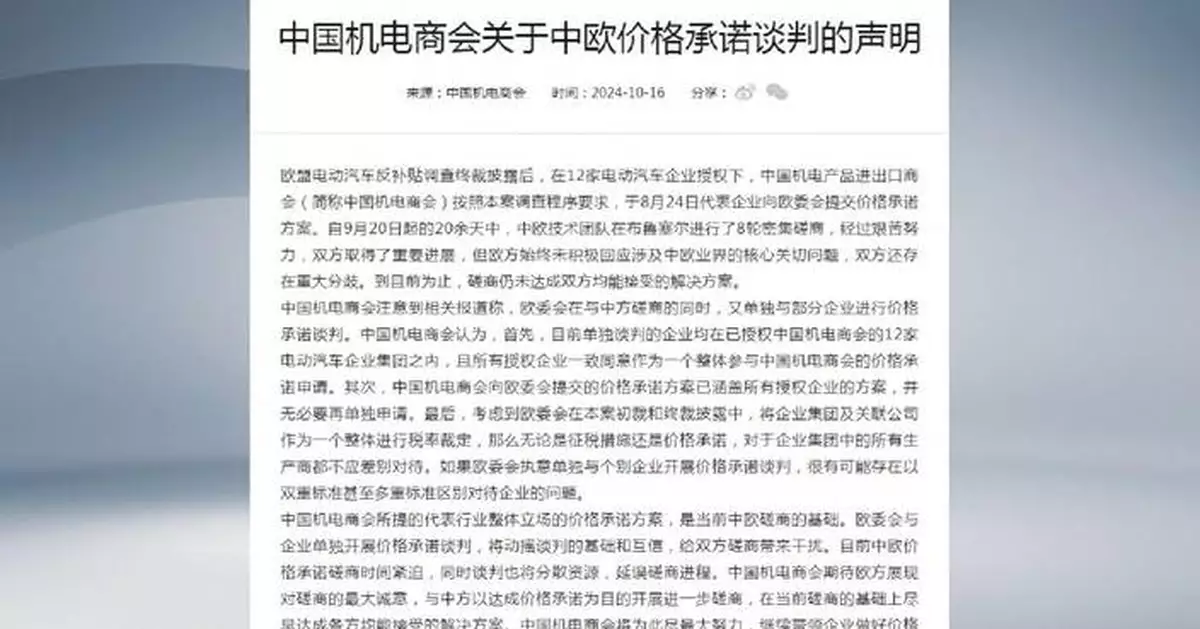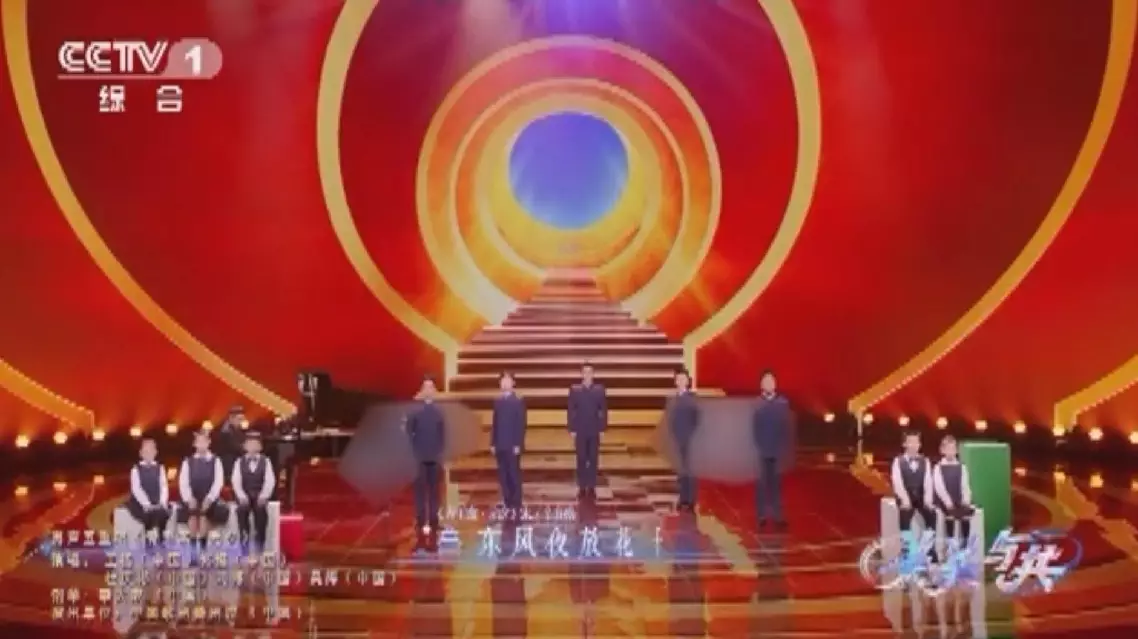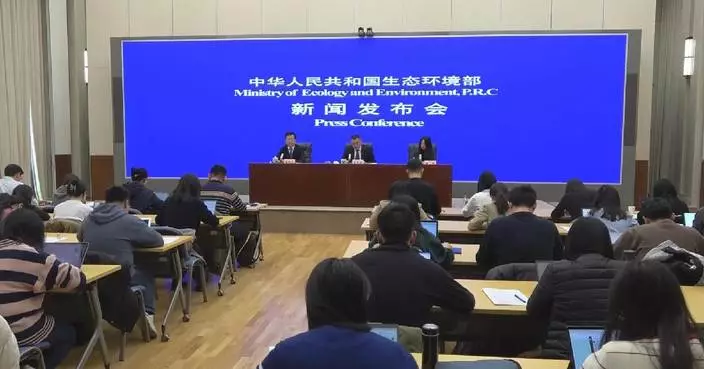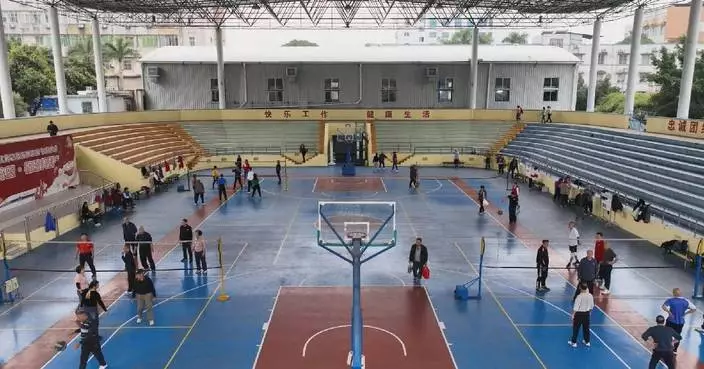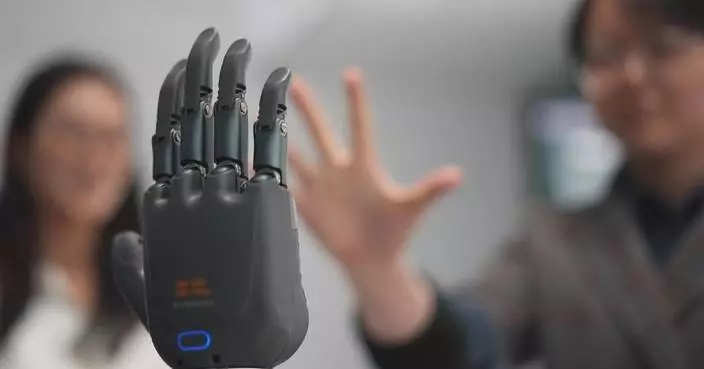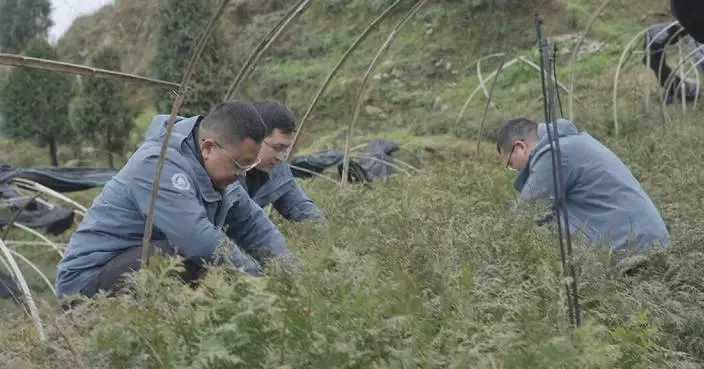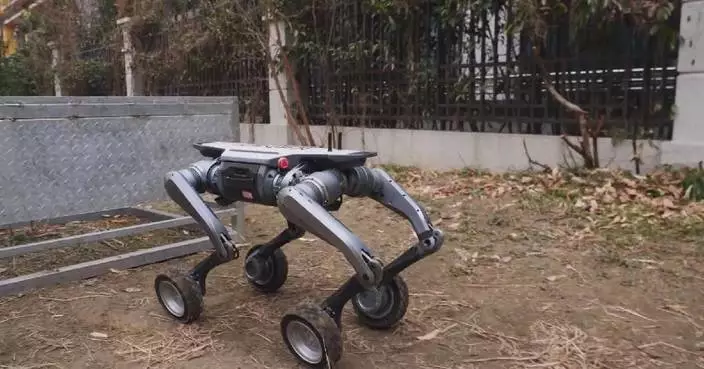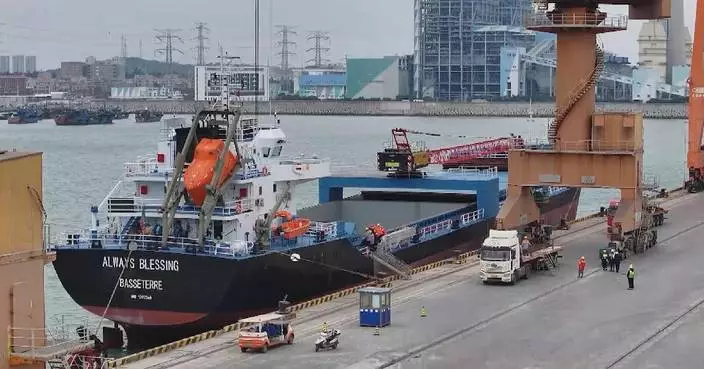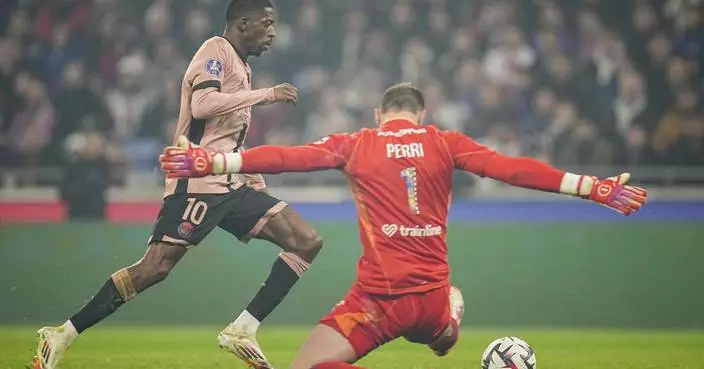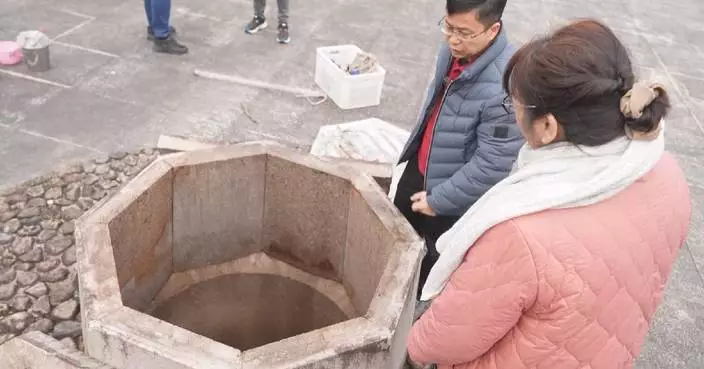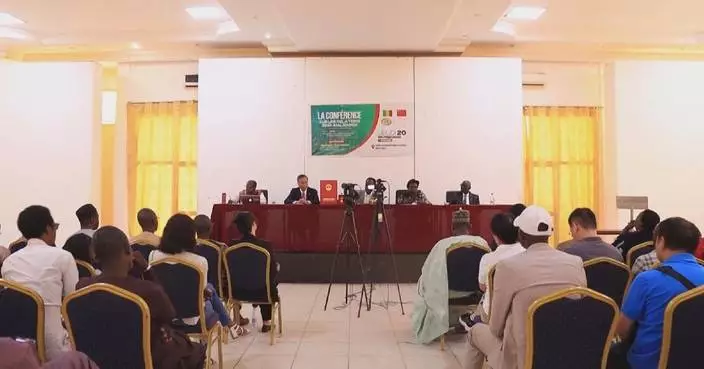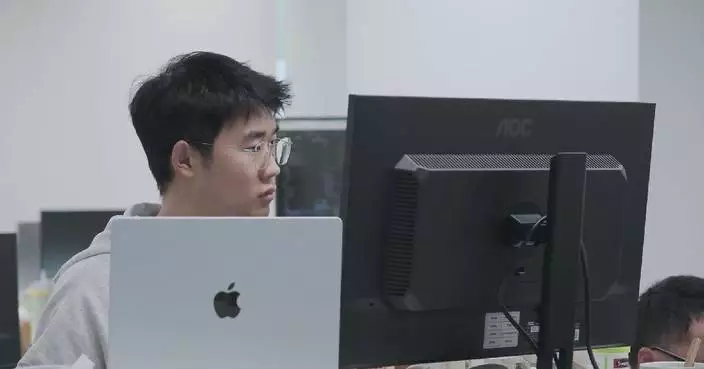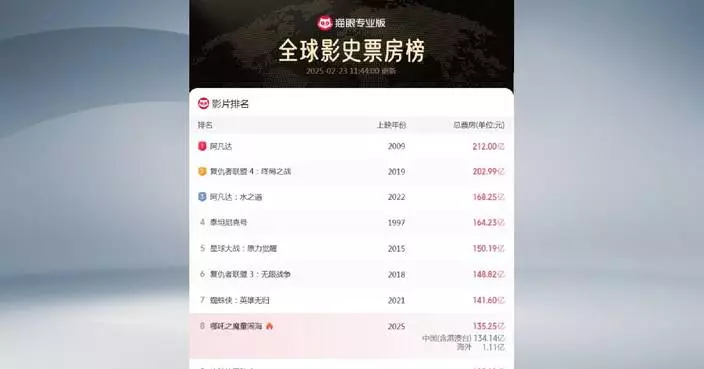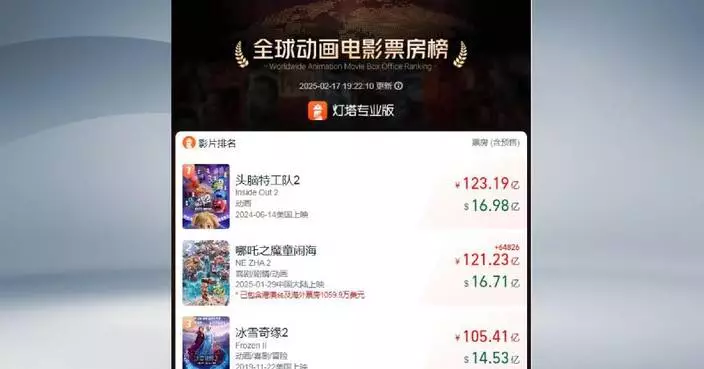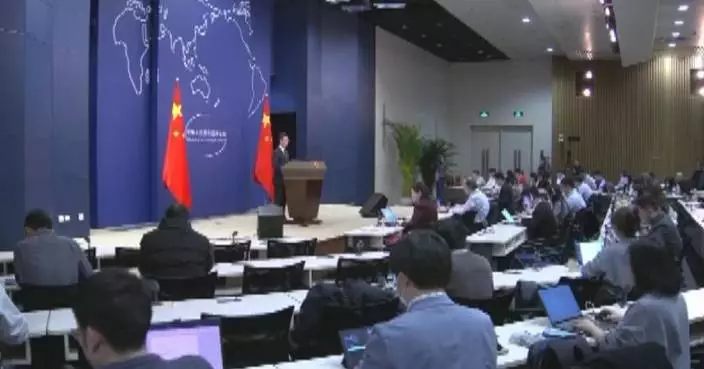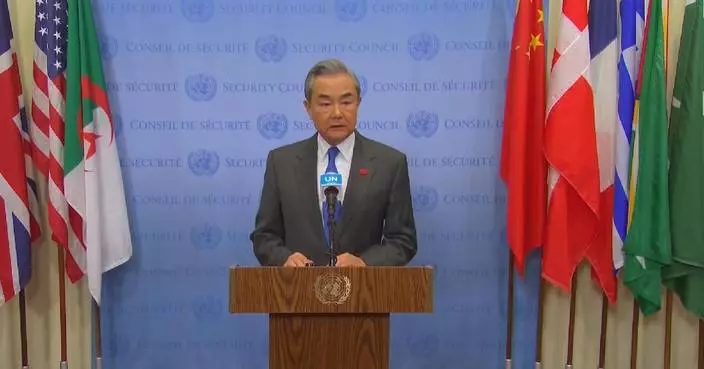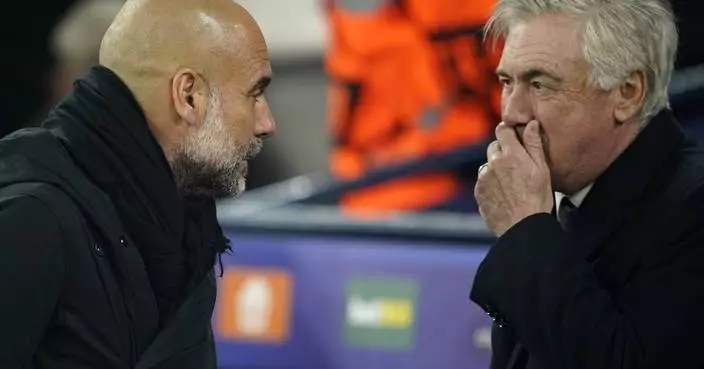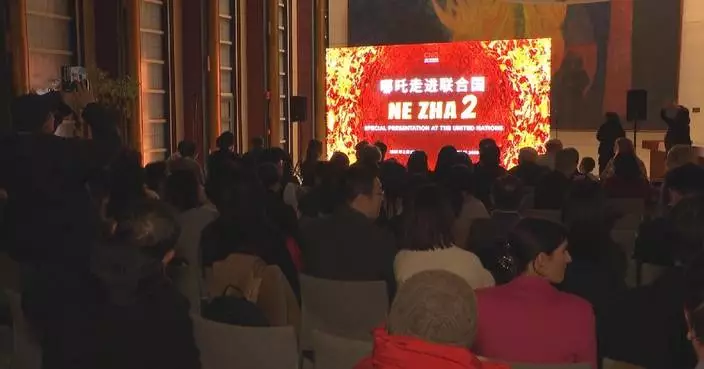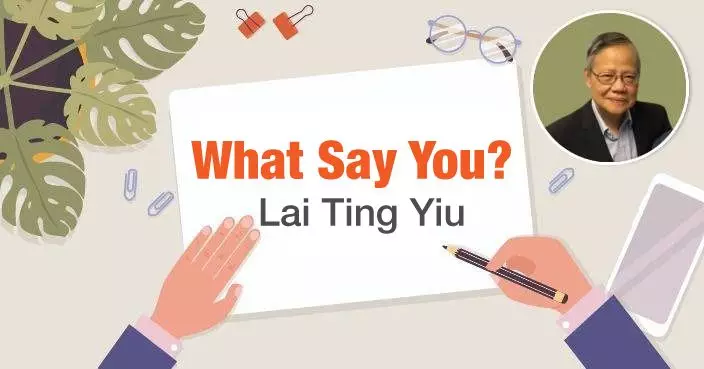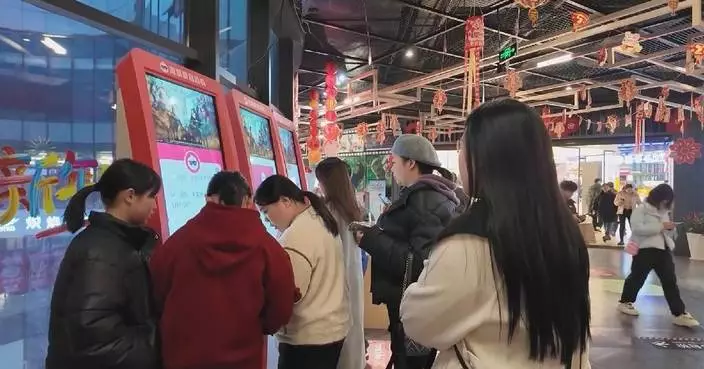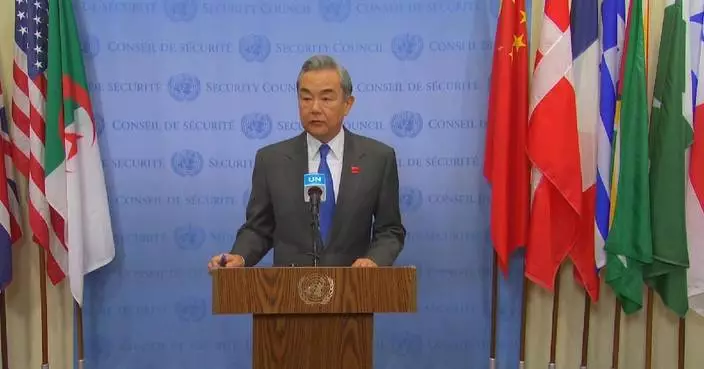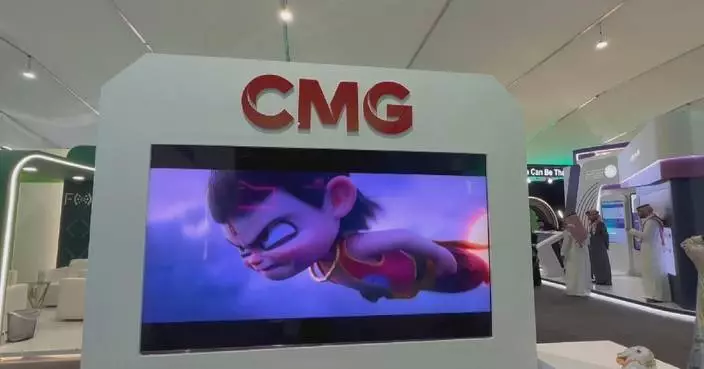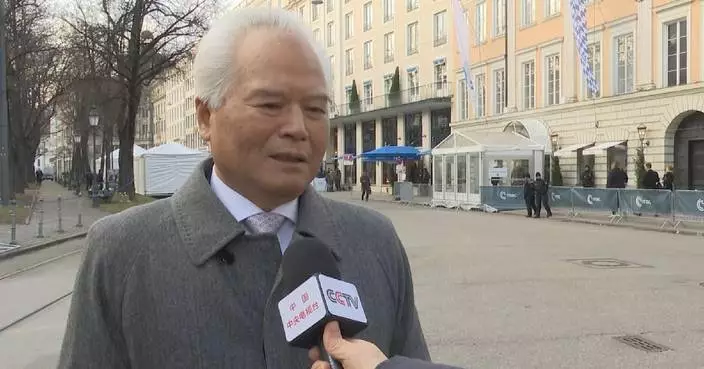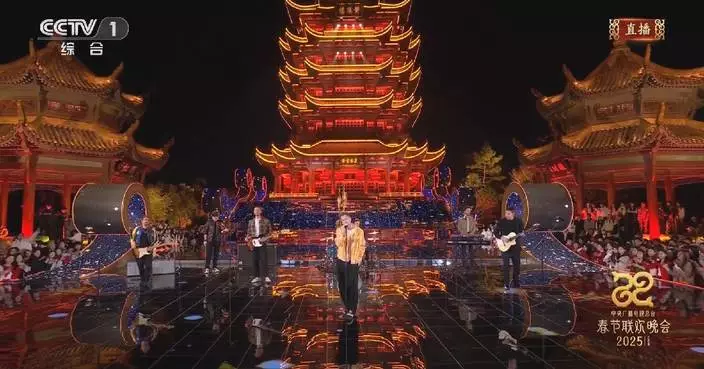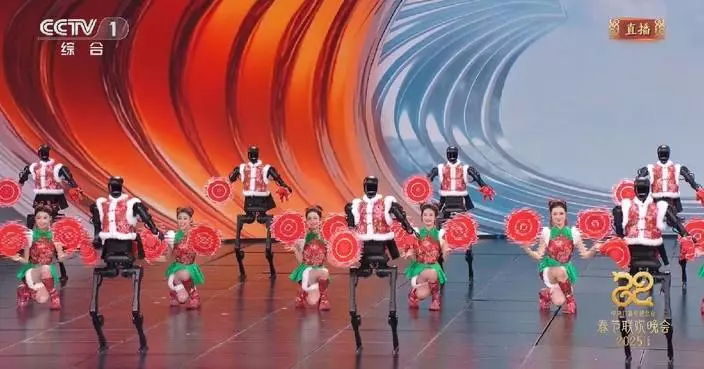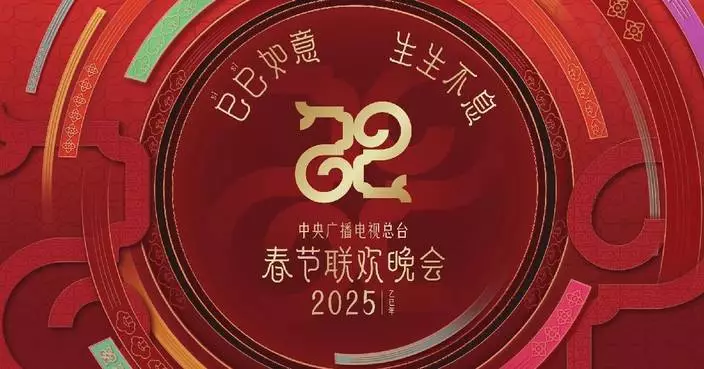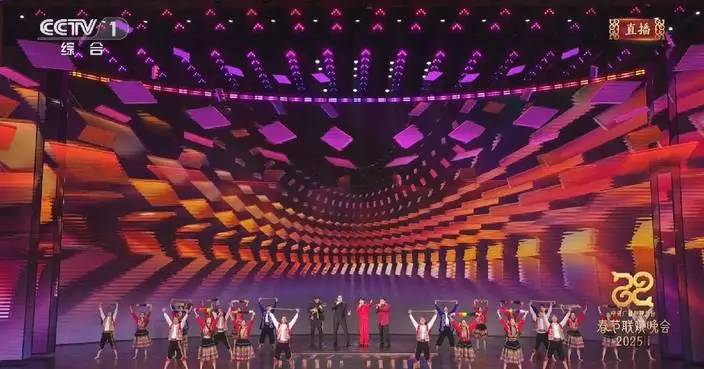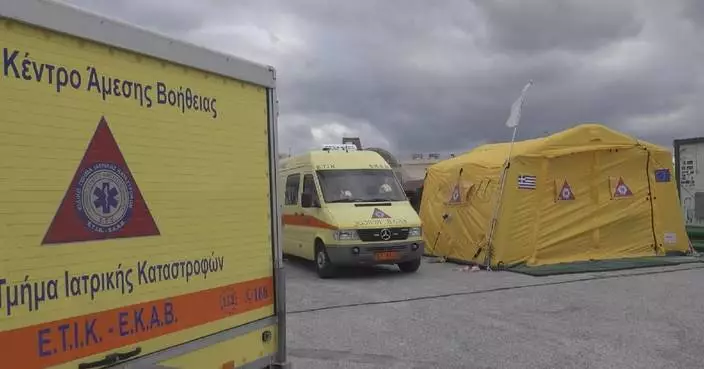China and the European Union (EU) have yet to reach a mutually acceptable solution on the EU's anti-subsidy case involving Chinese electric vehicles, as major differences remain, according to a statement released by China Chamber of Commerce for Import and Export of Machinery and Electronic Products (CCCME) on Wednesday.
The European Commission -- the executive arm of the 27-nation EU -- is set to impose countervailing duties of up to 35.3 percent on electric vehicles (EVs) imported from China, additional to the European Union's existing 10 percent tariff on imported cars, after some EU countries did not oppose the move in an October 4 qualified majority vote. Even though Germany and four other members voted against the duties, and 12 other members abstained, the Commission can now proceed with the countervailing duties before an October 30 deadline. Negotiations with the Chinese side may continue even after the deadline.
Authorized by 12 Chinese EV enterprises, the CCCME proposed a price commitment plan to the European Commission on August 24 in accordance with investigation procedures, said the statement.
Technical teams from the two sides have conducted eight rounds of intensive negotiations since September 20 in Brussels and have made important progress after more than 20 days of arduous efforts, according to the statement.
However, it is regrettable that the EU has failed to actively respond to the core concerns of both Chinese and European industries, the statement said.
The CCCME noted reports that while negotiating with the Chinese technical team, the European Commission is also holding separate price commitment talks with certain companies.
The companies involved in separate talks are all within the 12 enterprises that have authorized the CCCME and have agreed to be represented by the CCCME as a whole in the price commitment application, the statement said, adding its proposal to the European Commission has already covered all plans of the 12 enterprises, so there is no need to make applications separately.
In light of the fact that the European Commission regarded this enterprise group and their affiliated companies as a whole in its preliminary and final ruling on the tariff case, no manufacturer of this enterprise group should be treated differently in terms of both tariffs and price commitment, the statement said.
If the European Commission insists on conducting price commitment negotiations with certain enterprises separately, there is a high possibility that they will be treated differently with double or even multiple standards, according to the statement.
Noting that the price commitment plan that represents the overall position of the industry proposed by the CCCME is the basis of the current China-EU negotiations, the statement said the separate talks will undermine this basis and mutual trust and bring interference to the bilateral consultations.
China and the EU are on a tight schedule for negotiations, and separate talks will disperse resources and slow down the negotiation process, the statement said.
Vowing to do its utmost to lead the enterprises in the work related to the negotiations and protect their interests, the CCCME said it hopes the EU side can fully demonstrate sincerity and continue negotiations with the Chinese side with the aim of determining a price commitment to reach a mutually acceptable solution as soon as possible on the basis of current negotiations.
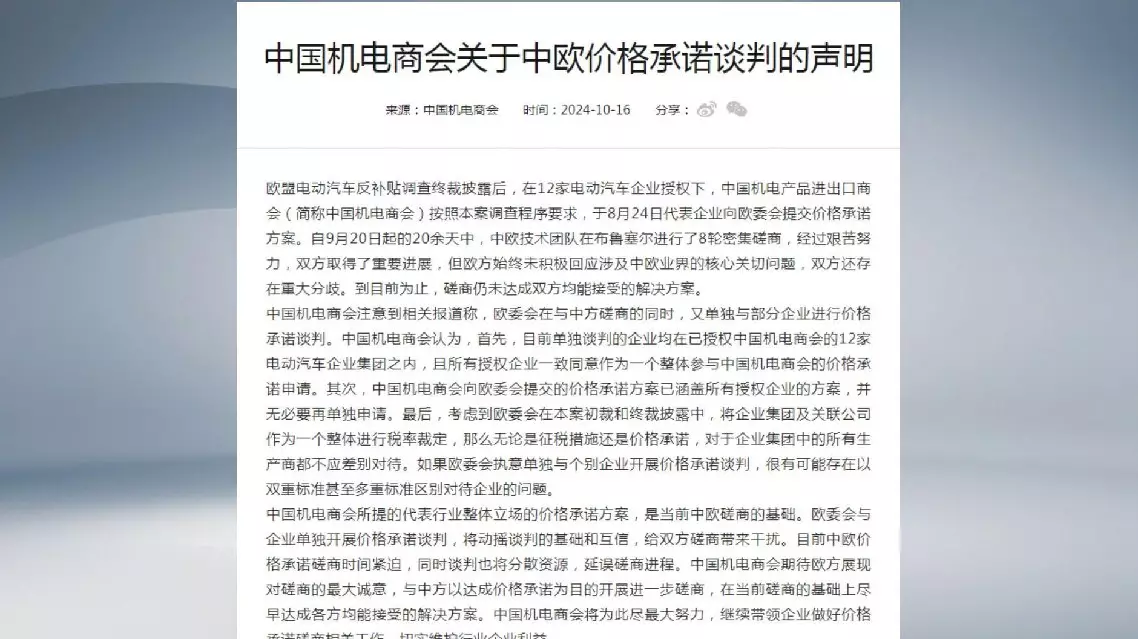
Major differences remain after eight rounds of China-EU EV tariff talks


